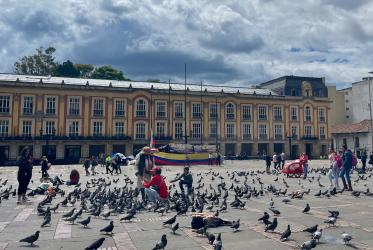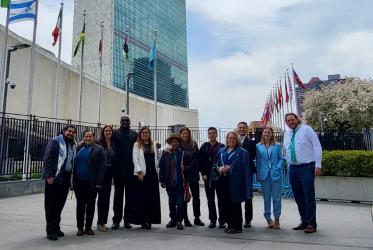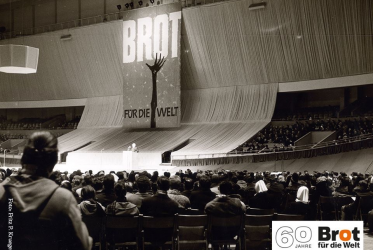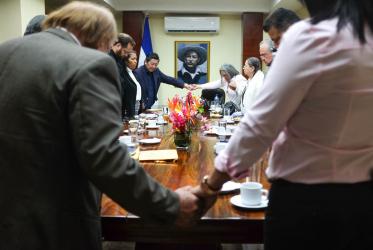Displaying 1 - 20 of 36
COVID-19 in conflict zones: “a crisis within another crisis”
27 November 2020
Faltering Colombian peace process needs urgent work
07 June 2019
WCC Eco-School encourages youth to become eco-ambassadors
08 November 2018












